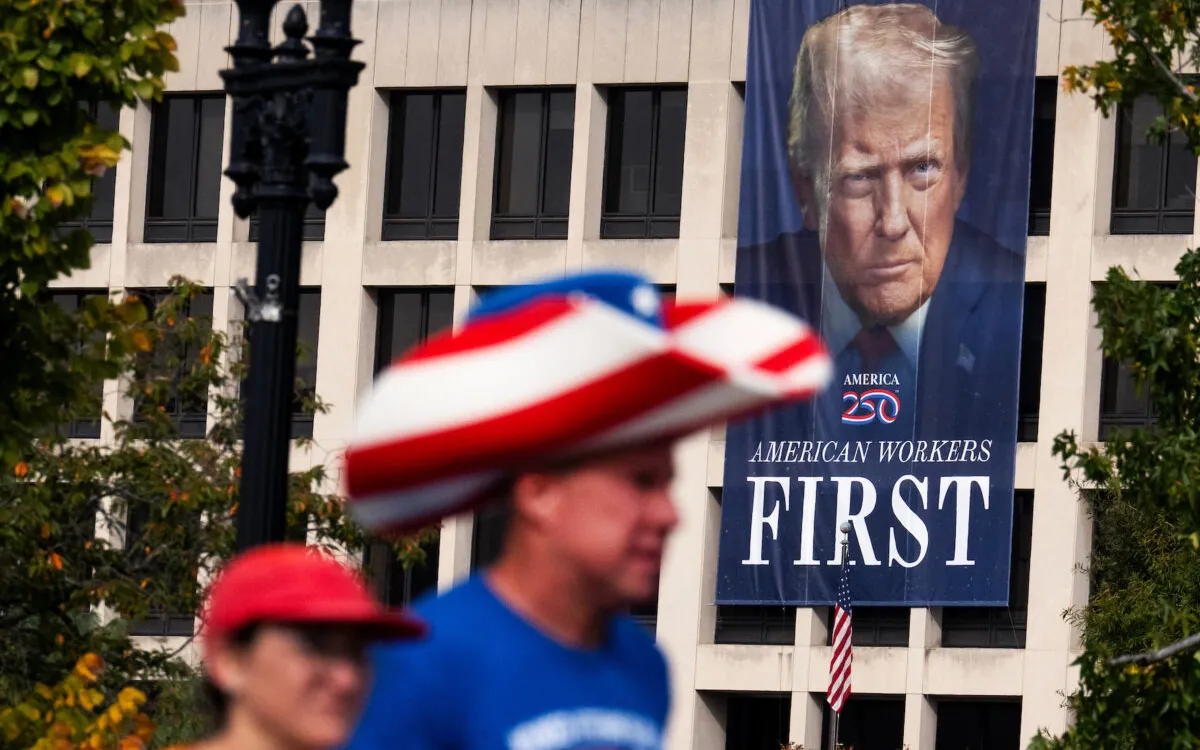
A federal judge in Rhode Island has mandated that President Donald Trump’s Agriculture Department must deliver full food-stamp payments by the end of the day on Monday, or alternatively, partial payments by Wednesday. This ruling follows oral arguments made on Friday, leading to a written order issued by Chief Judge John J. McConnell Jr. of the U.S. District Court for the District of Rhode Island. The judge's decision responds to concerns raised by the administration regarding the legality and logistics of funding the Supplemental Nutrition Assistance Program (SNAP).
President Trump took to social media on Friday night, posting on Truth Social to seek clarity from the court on how the USDA could legally disburse SNAP payments. “I do not want Americans to go hungry,” Trump stated. He urged the court to provide guidance on legal funding for SNAP, emphasizing that it would be his honor to facilitate the necessary funding if given appropriate direction. This message was acknowledged by Judge McConnell in a footnote of his seven-page order, which highlighted the President’s prompt response to the court's initial ruling.
The Trump administration has contended that it lacks the legal authority and available funds to issue full food stamp benefits for November due to the ongoing partial government shutdown. Even though there are contingency funds available, the administration claimed that the amounts were insufficient to cover full payments and that implementing reduced benefits would present significant administrative challenges. However, Judge McConnell, an appointee of President Barack Obama, countered this argument by stating that the USDA has adequate contingency funds for at least partial payments.
In light of the government shutdown, Judge McConnell emphasized that congressionally approved contingency funds must be utilized immediately. Currently, there is approximately $5.25 billion available in the SNAP contingency fund. The administration has argued that fulfilling full benefits could require up to $8.5 billion. They also expressed concern that depleting these reserves could hinder responses to natural disasters, given the historical context of distributing food-stamp benefits to states affected by disasters such as the hurricanes of 2017.
Despite the administration's concerns, Judge McConnell firmly dismissed these arguments, asserting that the law mandates full monthly benefits whenever feasible, or at least a reduced amount based on available funds. He stated that the USDA could utilize Section 32 funding, which is derived from customs receipts and had a balance exceeding $23 billion as of October 8, to cover the remaining costs once contingency funds are drained. Section 32 primarily supports child nutrition programs but allows for the transfer of up to 7 percent for other uses.
The administration's legal team highlighted a recent transfer of $300 million from child-nutrition funds to address a funding shortfall in the Special Supplemental Nutrition Program for Women, Infants, and Children. They argued that similar transfers for SNAP benefits would not be feasible. Additionally, they indicated that implementing reduced benefits would be “exceedingly difficult” and would require significant adjustments to state systems. However, Judge McConnell ordered the administration to make full benefit payments by the end of the day on Monday, November 3, asserting that this approach would be more manageable. He also instructed the USDA to resolve any administrative issues by Wednesday, November 5, if they opted for reduced payments.
In a related development, a federal judge in Massachusetts indicated she would likely issue a similar order for benefit payments if the USDA does not act by Monday, further underscoring the urgency of providing food assistance to those in need during this challenging time.